Sorry, that’s old news…
You’ve found an older news story. We delete stories from our AAP News Feed after two months. But fear not, here’s today’s news!
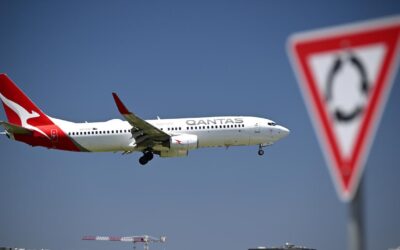
Global air travel is in turmoil as war in Iran forces the closure of key Middle Eastern hubs including Dubai and ...
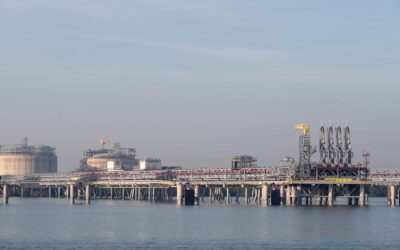
A territory's pollution monitor has been "asleep at the wheel", allowing two gas giants to pollute a city's air ...
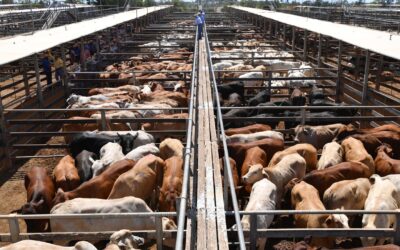
Import quotas introduced by China are expected to reorder the global beef trade and send Australian exporters into ...
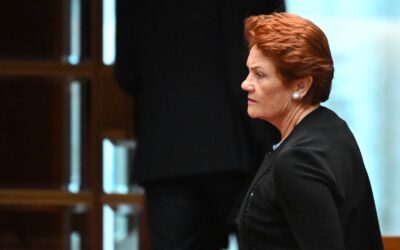
Firebrand senator Pauline Hanson has again stirred controversy on the same day she faces censure, letting fly with ...
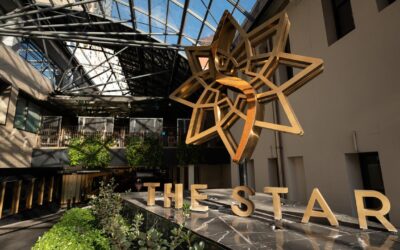
Casino operator Star lost $53 million on its operations in the six months to December 31 and has $130 million left ...
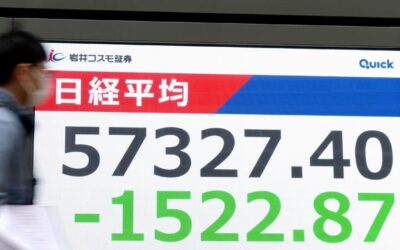
MSCI's broadest index of Asia-Pacific shares outside Japan has fallen 0.6 per cent. For Europe, EUROSTOXX 50 ...
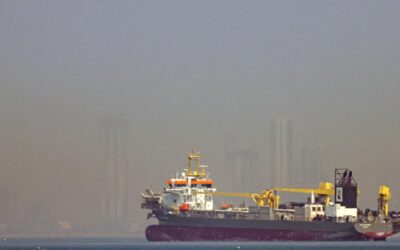
Financial markets haven't yet priced in a wider geopolitical fallout from the US-Israel war on Iran, which is ...
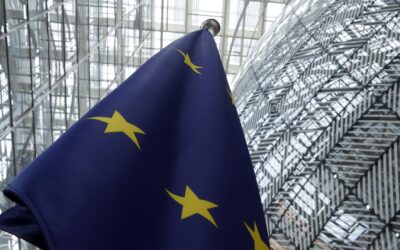
The EU is calling for "maximum restraint" and warning of "unpredictable consequences" as it grapples with the ...
No results found.
Background image courtesy victoriancollections.net.au